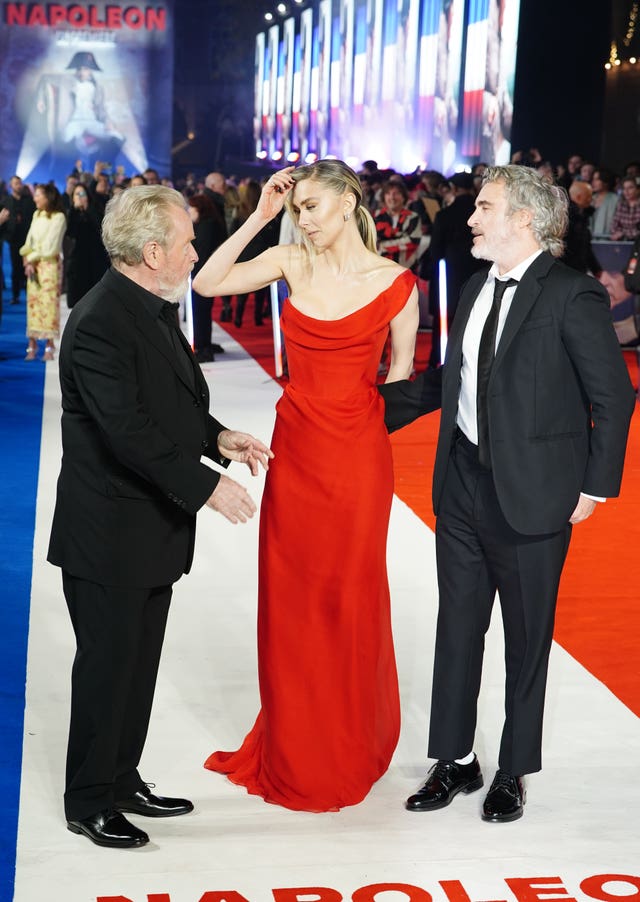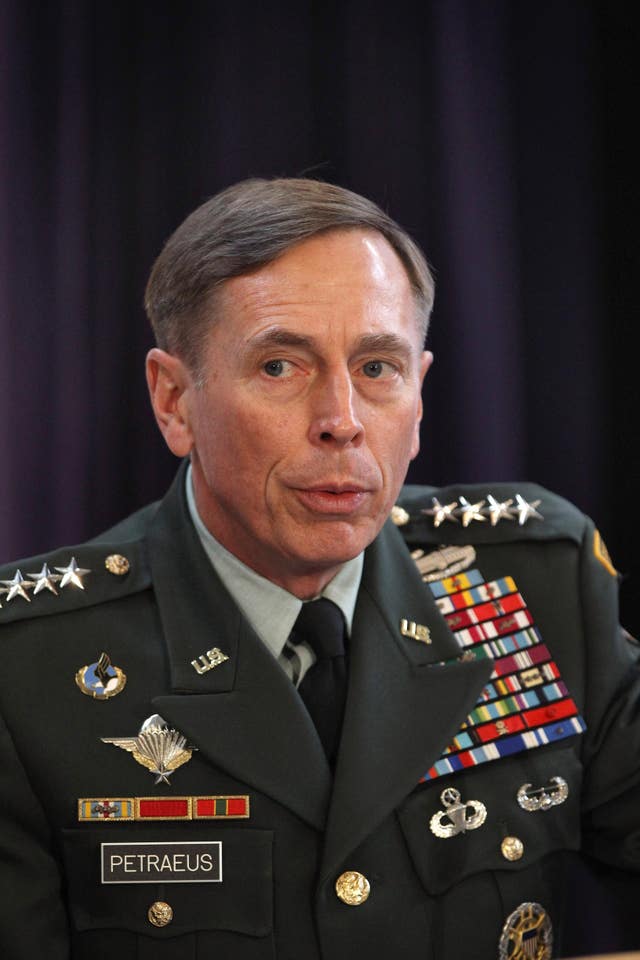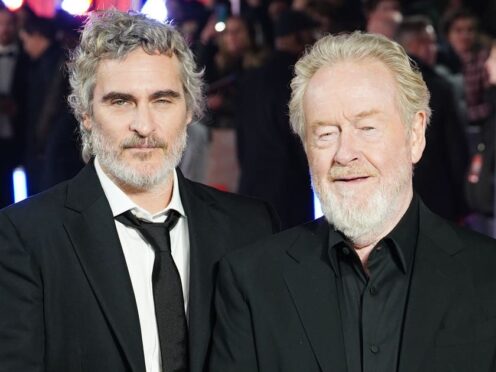Military historian Lord Andrew Roberts has said that Ridley Scott could have told a “better story” by filming a more accurate biopic of Napoleon.
The film, starring Joaquin Phoenix as Napoleon Bonaparte, has been criticised for moments that did not happen such as the French emperor firing cannons at the Pyramids in Giza.
Lord Roberts, who has watched the movie, told Sky News programme Sunday Morning With Trevor Phillips that “you’re not expected to have everything absolutely accurate” in historical depictions.
However, he said that allowing a lot significant inaccuracies makes historical adaptions “pure entertainment” and can lead to “danger” if people see it as true adaption.

He claimed that the Netflix series The Crown is being “considered to be a documentary” in the US.
Lord Roberts said that there are different circumstances for Scott, in contrast to William Shakespeare who faced pressure from Queen Elizabeth I and James I to depict former British monarchs in ways that were not entirely accurate, when he was writing.
He said: “There’s no political pressure on Ridley Scott or, the makers of The Crown, not to be too factual, they could (do so) very easily and they’d tell a better story, if they did.
“This is my major problem, really, is that if we didn’t see Napoleon firing cannons at the Pyramids and taking part in cavalry charges, neither of which he did, but actually looked at what he was genuinely doing in Egypt and the way in which he actually was a strategist, if we were told why he was a great emperor, which there’s not a single second in the whole show about that, and I think it’d be a much more interesting way to spend 400 million dollars or whatever it was (that he spent).”

He also claimed there is a lack of context in the Napoleon film as it does not “explain why the crowds are cheering him”.
Lord Roberts said: “You don’t have to list the educational reforms of the Sorbonne and Lycee (schools) say in the same way that I would in a history book, but nonetheless, you can make reference to (them) in loads of different ways, which would just be so simple.”
He was also asked about Scott’s response to historians’ criticism where he reportedly said “Were you there? Oh you weren’t there. Then how do you know?”
Lord Roberts, who has written the non-fiction books Napoleon The Great; Napoleon And Wellington; and Napoleon: A Life; replied saying: “(For Scott this) means that no historian could ever write any history prior to the day they were born, in my case, 1963.
“No, we weren’t there. However, fortunately, all of the people around Napoleon were there.
“Napoleon also wrote very extensive memoirs, and they all wrote down what actually happened and so we are able to tell what happened, despite not personally having been around 200 years ago.”
Netflix has previously stated that The Crown is a “fictional dramatisation” of royal events.
Lord Roberts’ most recent book was written with retired General David Petraeus, a former commander of forces in the Iraq and Afghanistan wards and an ex director of the CIA.
Conflict looks at how warfare has changed since the Second World War.
